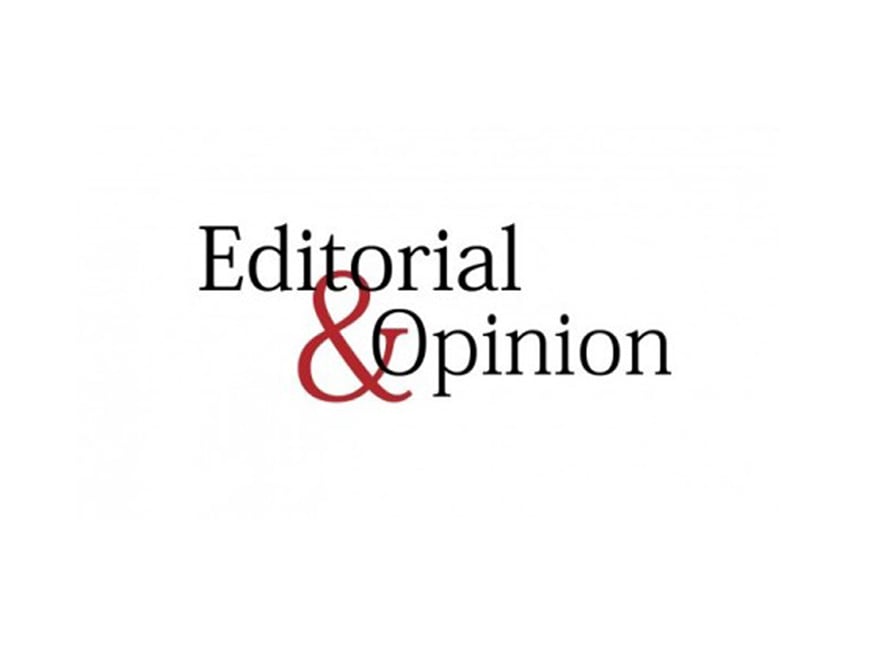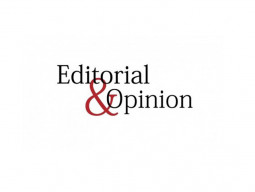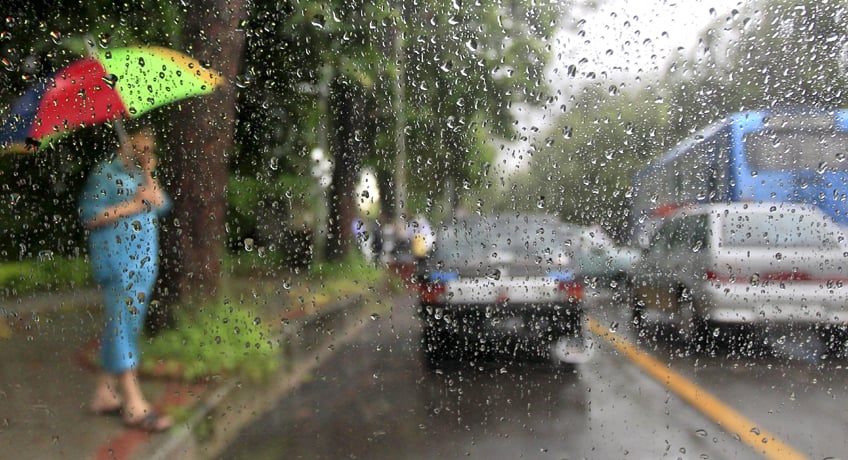
The continuing spiral of public debt reveals a worrisome trend that puts the economy at risk and undermines the promise of progress for millions of citizens. Data in the most recent Finance Ministry Debt Policy Statement and the World Bank's Debt Heat Map report starkly highlight the severity of our financial predicament. With public debt exceeding 67.5% of GDP and a staggering rise in interest payments, the nation faces an uphill battle that demands immediate and decisive action. Unfortunately, the most popular historical course of action has been to kick the can down the road by just borrowing more.
The relentless increase in public debt, which soared to Rs71.2 trillion last year, continues eroding the government's ability to finance essential services which, in turn, leaves the nation with an unhealthy and uneducated workforce as well as exposed to all sorts of international financial system shocks. While rising debt is not a major issue in itself, the rate of increase in relation to economic growth - reflecting the country's ability to sustain and pay off debt - is the real concern, and Pakistan's remains unsustainably high. This is partly due to high-interest expenses brought on by the expensive nature of recent borrowing that has overshadowed any potential benefits from a stable exchange rate or reduced expenditures. Interest payments alone reached a staggering Rs8.2 trillion this year, up 43% from the previous year. Even if we only rationalised borrowing practices, it would free up these trillions for essential public services.
Many countries regularly fail to balance their budgets and are forced to borrow. Even the US regularly increases its federal debt limit instead of enforcing it. However, the US and others also at least pretend to care about their debt burden and use boom economic periods to pay off or otherwise restructure borrowing and existing spending in ways to make them more sustainable. Here, instead of acknowledging the problem, we still try to blame high-interest loans on conspiracy theories against our nuclear weapons, rather than donor concern over their money being rerouted to a nuclear programme.



















COMMENTS
Comments are moderated and generally will be posted if they are on-topic and not abusive.
For more information, please see our Comments FAQ